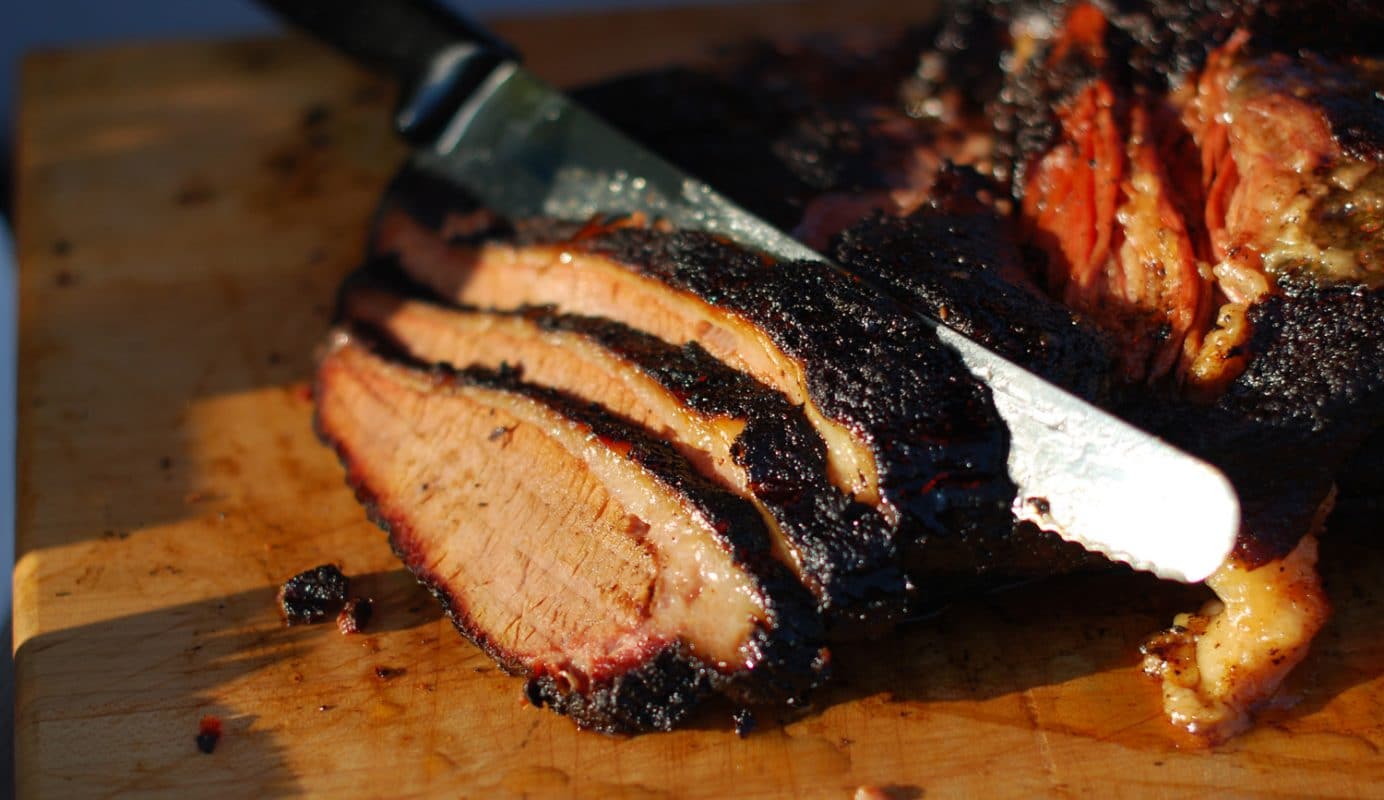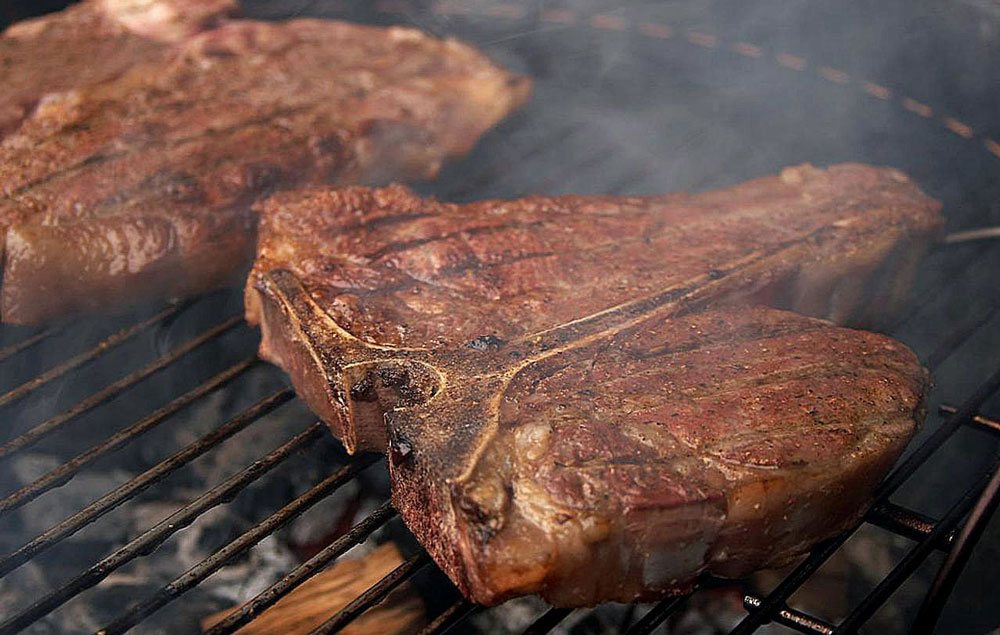The customer service team is always listening, taking notes, and quantifying complaints to ensure our products are continually improved. Due to selling directly to you, the customer, via Amazon, we can use product reviews to help us improve our existing products or help further development of new products.
Got What It Takes to Be A BBQ Judge?
Table of Contents
From its humble origins around pioneer campfires, BBQ has evolved into a sophisticated culinary art form. Each year, competitors vie for the top spot in numerous BBQ competitions that offer thousands of dollars in prize money. The fate of deciding these winners falls to BBQ judges, but who are these people? How do you become a BBQ judge?
To answer these questions, let’s take a closer look at the process of becoming a BBQ judge and the training they go through. As well, we’ll look at some of their rules and what it takes to create award-winning BBQ these days.
Who Judges the Judges?
Becoming a judge for prestigious BBQ competitions often requires the presence of a governing body. For many such competitions, this oversight comes from the Kansas City BBQ Society (KCBS).
The KCBS is better known as the largest competitive barbecue organization in the world, having over 15,000 enrolled members. Since 1985, the KCBS has accredited thousands of judges who have determined the best of the best in BBQ.
Becoming a KCBS-certified judge is an involved process. This includes attending a four-hour PowerPoint-powered class and passing a test (that has become optional over time). Prospective judges learn about the finer points of judging BBQ as well as KCBS standardized scoring.
Central to the accreditation process is the KCBS oath. As an affirmation of the principles of honesty and fairness, the oath takes itself very seriously. It has the judge swear that “truth, justice, excellence in Barbeque and the American Way of Life may be strengthened and preserved forever.”

Know the Score
KCBS-sanctioned events have its judges participating in double-blind competitions. This means that neither the judges nor the competitors know who judged which entry. Judges need to make their assessments based on taste, tenderness, and appearance. A winning entry will often feature a balance of these three criteria.
And while opinions on food are subjective, the KCBS implements its own standard of scoring for its judges to use.
Out of a maximum of 9 points, all competition entries are initially scored at the highest level. Each subsequently discovered flaw or mistake results in deducted points.
A score of 2 is given for entries that “make you want to vomit”, while BBQ you want to immediately spit out upon ingesting earns a score of 3. Disqualified entries earn 1 point.
This different standard for competitive BBQ is apparent when judging BBQ ribs. Although “fall-off-the-bone” ribs are popular in real life, they don’t meet the BBQ competitive standard. This is because to a KCBS judge, fall-off-the-bone ribs are simply “overcooked.”
As former KCBS president Mark Simmons explains, the quality of competitive BBQ is on its own level. “Anyone can cook a rib until it falls off the bone,” said Simmons. “The perfect tenderness is when you take a bite and the meat comes off with little effort, but the rest of the meat stays in place.”
The scoring process even requires judges to consume the ribs in a particular way. KCBS judges don’t eat ribs from the top, but instead from the side of the rib. This way, judges are better able to determine the BBQ entry’s tenderness by seeing how the meat pulls away from the bone.Follow in the Footsteps
Being a KCBS-certified judge at a sanctioned BBQ competition means having to change your perspective as a BBQ enthusiast. You’re strictly eating to fulfill your purpose as a judge, and not eating for fun. As such, there are a few strange rules.
As in real life, eating BBQ as a BBQ judge doesn’t involve the use of cutlery. However, even though you must eat with your hands, KCBS judges are expressly forbidden from licking their fingers. If you’ve eaten BBQ ribs before, you’ll know this to be something that is just about impossible to do in real life. As such, KCBS judges have reams of paper towels for cleaning off their sauce-covered hands.
But it doesn’t stop there. The Kansas City BBQ Society also has very specific rules on garnishes that it expects its judges to follow. Many of the rules school judges on the differences between legal and prohibited garnishes. Legal garnishes only include green leaf lettuce, green curly kale, cilantro, and parsley. Not only that, it is against the rules for garnishes to be overly decorative or functional.
Basically, judges are not supposed to base their scores on garnishes whatsoever. But even though this isn’t something we commonly see in real life, this rule set is important to judging BBQ. KCBS accreditation classes devote as much as a quarter of their time towards rules about garnishes.

Simply the Best
Knowing that BBQ judges think and score in a specific way has influenced the competitive BBQ circuit. As such, competitors aim to craft one-of-a-kind creations that stand out from the crowd. Instead, they are instead looking to win by being the most popular entry.
Brad Leighninger, a competition pitmaster, admits that competitive BBQ is not about being unique. “We’re all a bunch of copycats,” he said, explaining that he advocates for “homogenization” when advising newcomers. “We gravitate toward what’s winning.”
Leighninger says the competitive mindset is different from when operating a business.
“When I’m developing a recipe for the restaurant, I don’t care if it’s polarizing as long as there’s a portion of people who love it,” said Leighninger. “In competition barbecue, if six judges sit down and eat chicken and two don’t like it, you just lost.”
Final Thoughts
With some $4 million in prizes awarded every year at its sanctioned contests, competitive BBQ has become big money. Therefore, it’s become more important than ever that BBQ judges remain fair and impartial. After all, a single prize at these competitions could be worth tens of thousands of dollars.
Want to make your own competition-level BBQ? Try using ThermoPro meat thermometers! Use a wireless probe thermometer like the TempSpike Plus to monitor the internal temperature of your food. Browse the full lineup of ThermoPro products on Amazon
.







